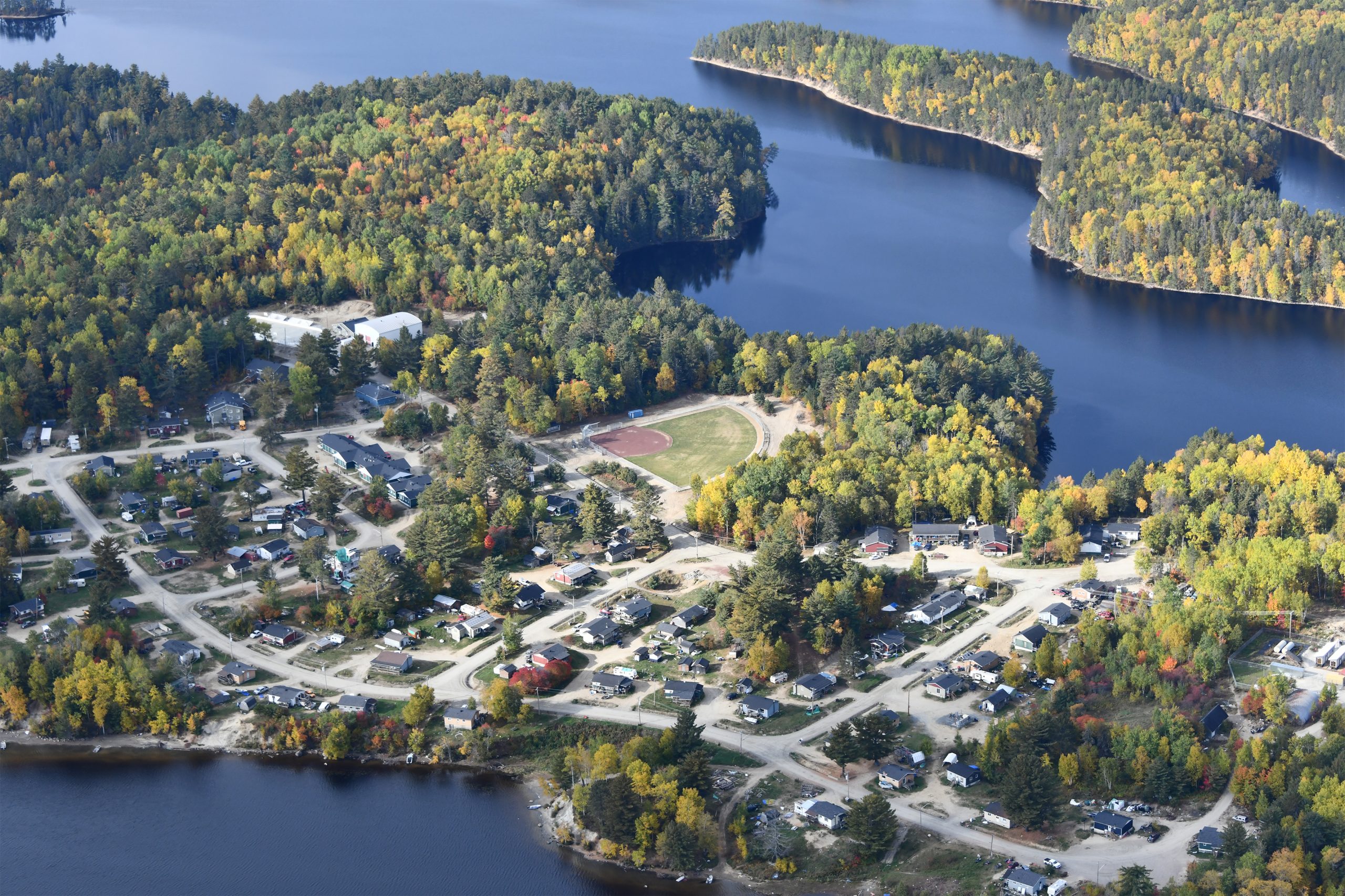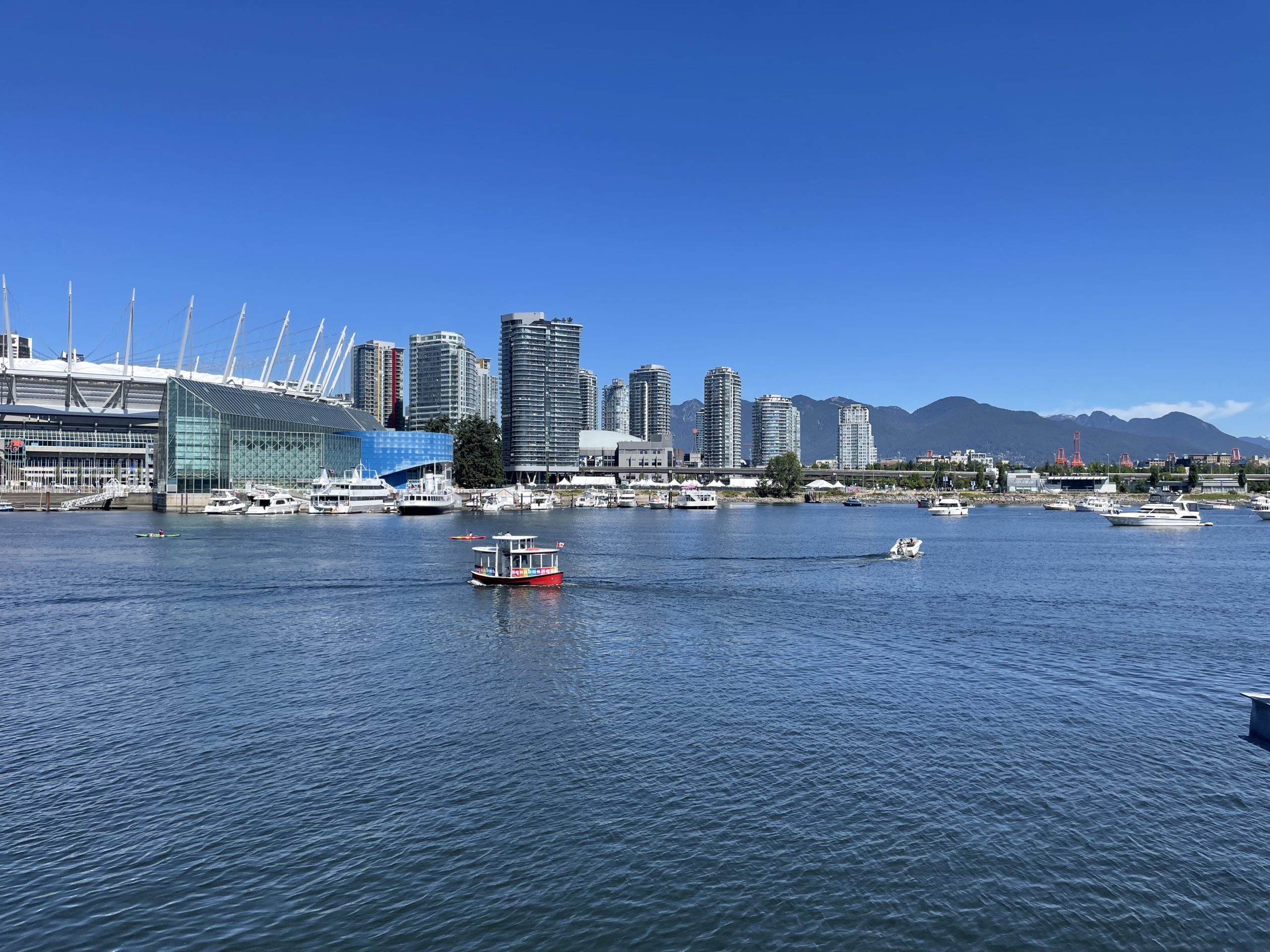Cities, Climate and Inequalities - The central importance of relationality for climate action and culturally sensitive land-use planning in Indigenous territories
By Geneviève Vachon, Florence Gagnon, Élisa Gouin and Samuel Boudreault
Indigenous communities are struggling with climate change that threatens their relationship to the territory that is the basis of their identity. Four concepts linked to indigenous realities – traditional knowledge, agency, temporality, and relationality – provide keys to understanding this threat. A research-creation project with an Anishinaabe community illustrates possibilities for adaptation as concrete levers for discussion and action.
Cities, Climate and Inequalities - Evaluating equity and justice in Vancouver’s Sea2City design challenge: An application of the JustAdapt framework
By Tira Okamoto and Andréanne Doyon
Coastal cities around the world are facing intersecting problems of adapting to sea level rise while addressing social equity. Vancouver, British Columbia – located on the unceded territories of the xʷməθkʷəy̓əm (Musqueam), Skwxwú7mesh (Squamish), and səlilwətaɬ (Tsleil-Waututh) Nations – is no exception. The City of Vancouver recently completed the Sea2City Design Challenge (Sea2City), inspiring collaborative design concepts for False Creek, a narrow inlet near downtown Vancouver. Using Sea2City as a case study, this research applies the JustAdapt evaluative framework to evaluate equity and justice in coastal adaptation planning in Vancouver.
Charger davantage de contenu

